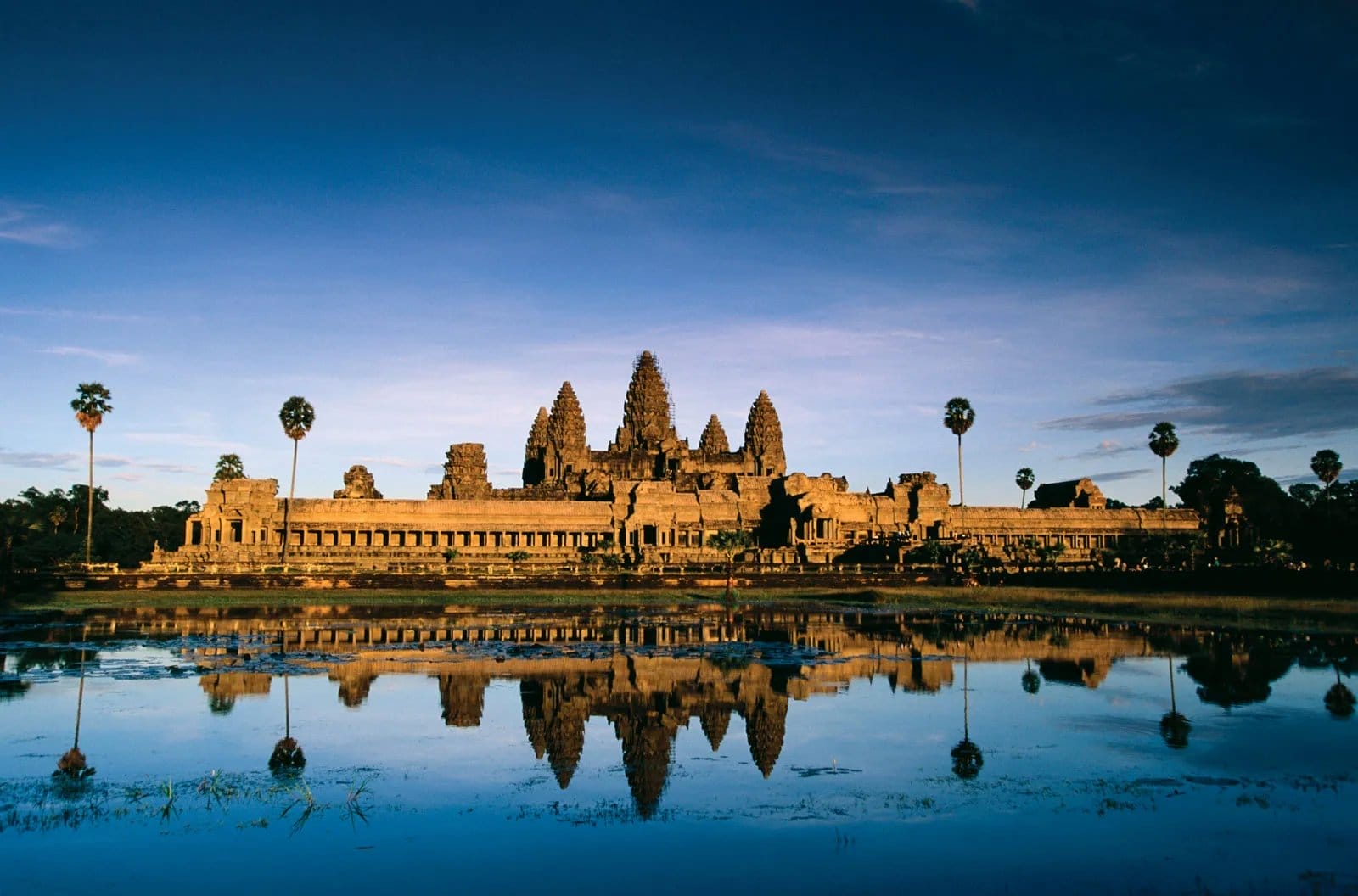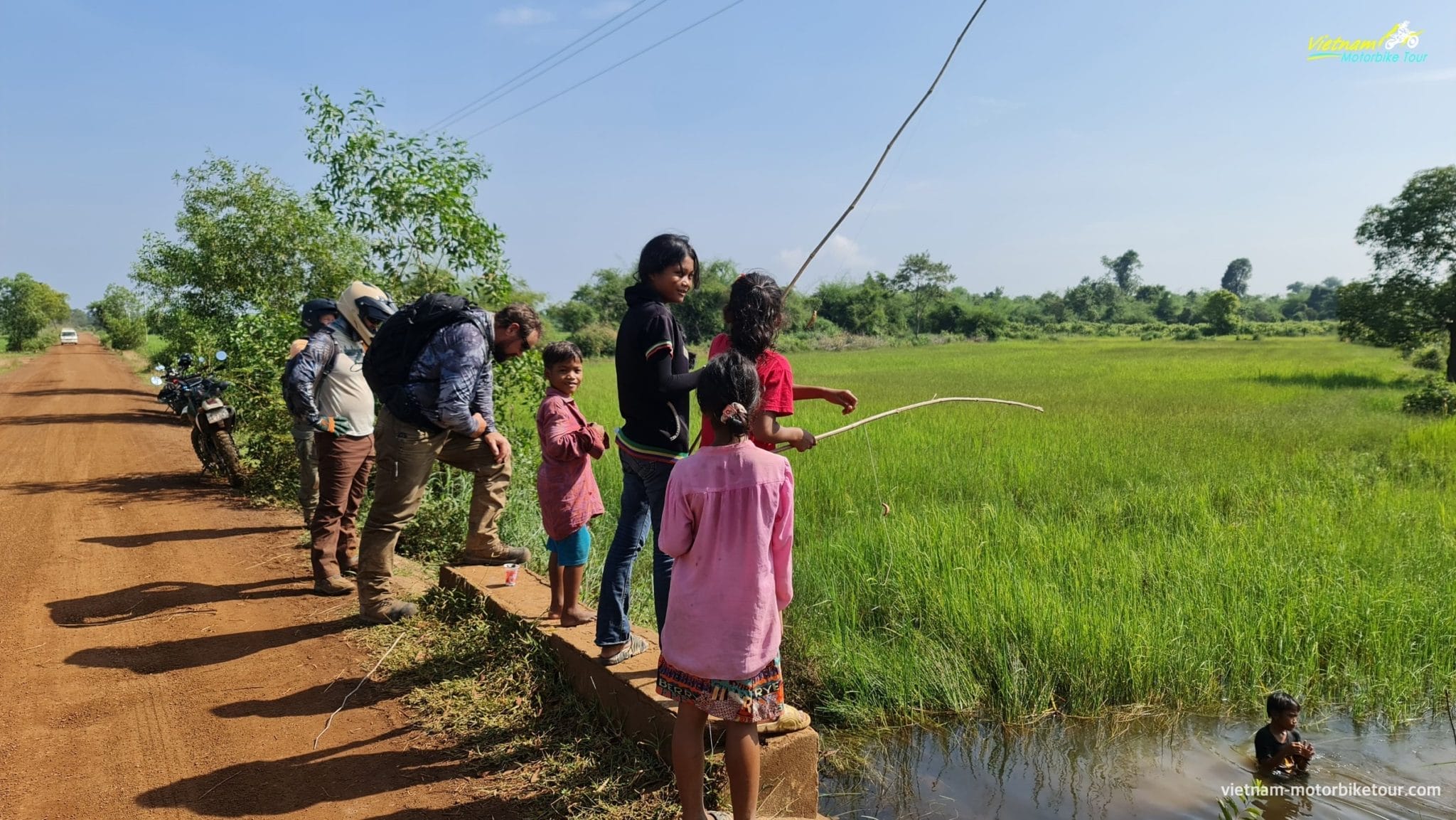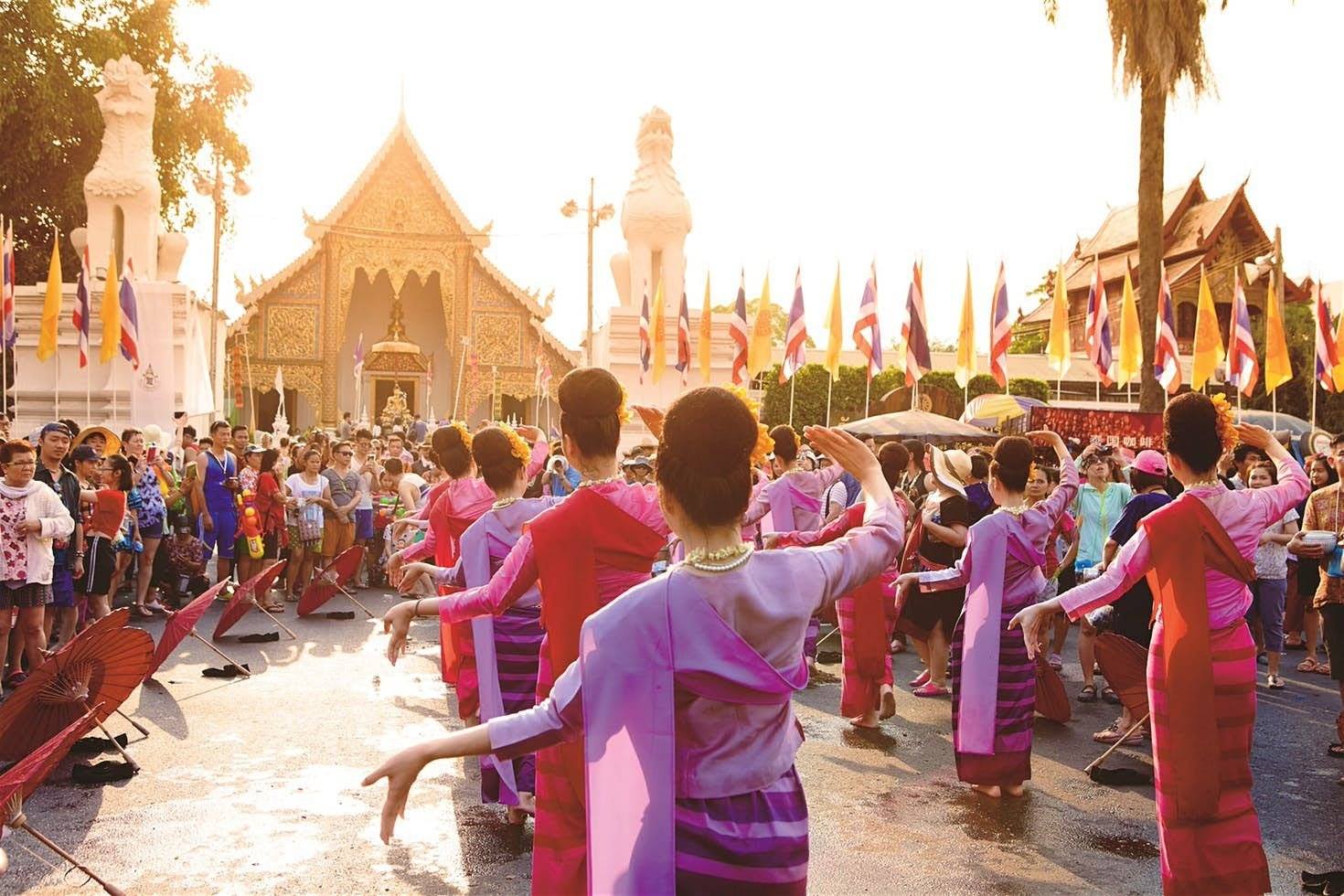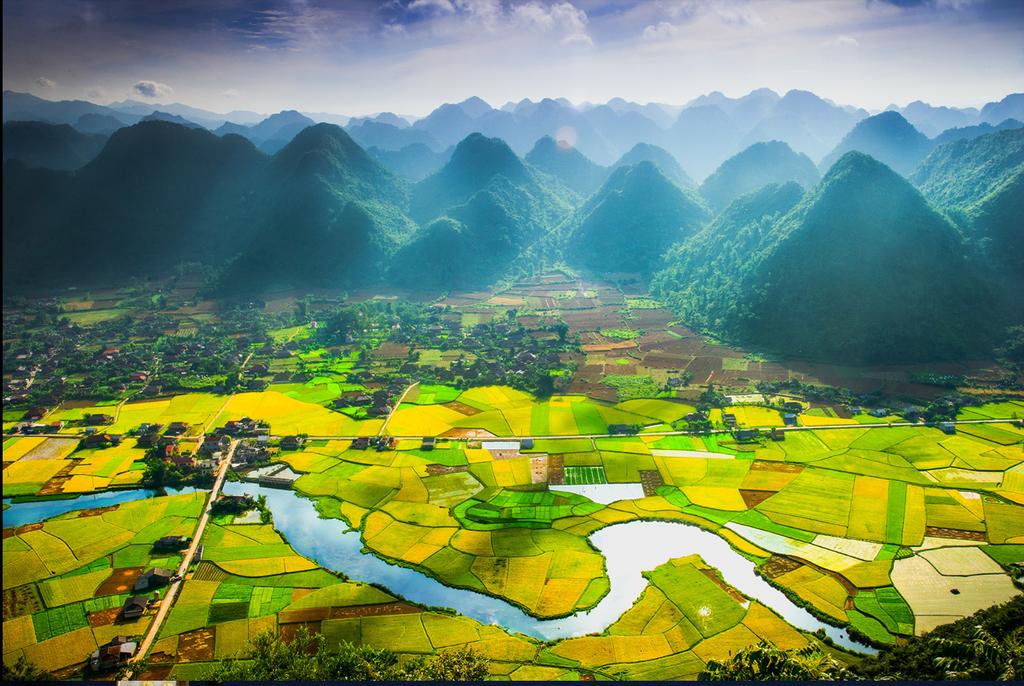Cambodia is a country rich in history, culture, and traditions, making it an ideal destination for motorbike tours that offer more than just stunning landscapes. As you ride through the bustling cities, tranquil countryside, and ancient temples, you’ll encounter a variety of cultural highlights that provide a deeper understanding of Cambodia’s unique heritage. This guide explores some of the cultural experiences you can expect on a motorbike tour in Cambodia.
1. Discovering the Ancient Temples of Angkor
The Angkor complex, located near Siem Reap, is one of the most iconic cultural highlights of Cambodia. These ancient temples, including the world-famous Angkor Wat, are a must-visit for anyone touring the country by motorbike.
1.1 Angkor Wat
Why It’s a Must-See:
Angkor Wat is the largest religious monument in the world and a symbol of Cambodia. The temple is renowned for its intricate carvings, towering spires, and spiritual significance. Visiting Angkor Wat at sunrise or sunset offers breathtaking views and a serene atmosphere.

1.2 Bayon Temple
What Makes It Unique:
Located in the heart of Angkor Thom, the Bayon Temple is famous for its massive stone faces that gaze out in all directions. The temple’s complex architecture and mysterious expressions of the faces make it a fascinating cultural site to explore.
1.3 Ta Prohm
Why It’s Special:
Known as the “Tomb Raider Temple,” Ta Prohm is a unique site where nature intertwines with ancient architecture. Giant trees grow over and through the temple ruins, creating an otherworldly atmosphere that is both haunting and beautiful.
2. Experiencing Cambodia’s Traditional Arts and Crafts
Cambodia**’s rich cultural heritage is also reflected in its traditional arts and crafts. As you travel through the country, you’ll have the opportunity to observe and even participate in the creation of these traditional items.
2.1 Silk Weaving in Takeo Province
Why It’s Culturally Significant:
Takeo Province is known for its traditional silk weaving, an art form that has been passed down through generations. Visiting a local weaving village allows you to see the intricate process of creating silk products, from raising silkworms to dyeing and weaving the silk.
2.2 Pottery in Kampong Chhnang
Why It’s a Must-Visit:
Kampong Chhnang is famous for its traditional pottery, with techniques that date back hundreds of years. Here, you can watch skilled artisans shape and fire clay pots by hand, using methods that have remained unchanged over time.
2.3 Stone Carving in Pursat
What You’ll Discover:
The town of Pursat is renowned for its stone carving, particularly the crafting of Buddha statues and other religious figures. The artisans here work with local stone, creating intricate sculptures that are used in temples and homes across Cambodia.
3. Immersing Yourself in Local Village Life
A motorbike tour through Cambodia offers a unique opportunity to experience the country’s rural life. As you ride through the countryside, you’ll encounter traditional villages where you can learn about the daily lives of Cambodian people.

3.1 Homestays in Kampong Phluk
Why It’s a Cultural Experience:
Located near Tonle Sap Lake, Kampong Phluk is a floating village where you can stay with a local family. This homestay experience allows you to immerse yourself in the village’s way of life, from fishing and farming to participating in local festivals.
3.2 Exploring Rural Villages in Mondulkiri
What to Expect:
Mondulkiri Province is home to several ethnic minority groups, including the Bunong people. Visiting these villages offers insight into their unique customs, traditional housing, and spiritual practices. You may also have the chance to participate in a traditional ceremony or enjoy a meal with a local family.
3.3 Rice Farming in Battambang
Why It’s Important:
Battambang is known as the “rice bowl” of Cambodia due to its vast rice fields. Here, you can learn about the rice farming process, from planting to harvesting, and understand its significance in Cambodian culture and economy.
4. Experiencing Cambodia’s Religious Festivals
Religious festivals play a central role in Cambodian culture, and timing your motorbike tour to coincide with these events can provide a deeper cultural experience.
4.1 Khmer New Year (Chaul Chnam Thmey)
When It Happens:
Khmer New Year, celebrated in mid-April, is one of the most important festivals in Cambodia. The celebrations last for three days and include traditional games, dances, and ceremonies. Visiting during this time allows you to witness the joyous festivities and participate in cultural traditions.

4.2 Pchum Ben (Ancestor’s Day)
Why It’s Significant:
Pchum Ben, observed in September or October, is a 15-day festival dedicated to honoring deceased ancestors. During this time, Cambodians visit pagodas to make offerings and pay their respects. It’s a deeply spiritual event that highlights the importance of family and tradition in Cambodian culture.
4.3 Water Festival (Bon Om Touk)
What to Expect:
The Water Festival, held in November, celebrates the reversal of the Tonle Sap River. The festival includes boat races, fireworks, and concerts, particularly in Phnom Penh. It’s a vibrant and lively event that showcases the cultural significance of Cambodia’s waterways.
5. FAQs
1. What are the top cultural highlights of a motorbike tour in Cambodia?
The top cultural highlights include exploring the ancient temples of Angkor, experiencing traditional arts and crafts, immersing yourself in local village life, and participating in religious festivals.
2. Can I visit traditional Cambodian villages during a motorbike tour?
Yes, many motorbike tours include stops in rural villages where you can learn about local customs, participate in daily activities, and even stay in homestays.
3. When is the best time to experience cultural festivals in Cambodia?
The best times to experience cultural festivals are during Khmer New Year in April, Pchum Ben in September or October, and the Water Festival in November.
4. What traditional crafts can I see on a Cambodia motorbike tour?
You can observe traditional silk weaving in Takeo Province, pottery in Kampong Chhnang, and stone carving in Pursat.
5. How can I learn about Cambodia’s religious traditions on a motorbike tour?
Visiting temples, participating in festivals, and engaging with local communities are great ways to learn about Cambodia’s religious traditions.
6. Conclusion: Explore Cambodia’s Rich Culture on Two Wheels
A motorbike tour in Cambodia offers more than just beautiful landscapes; it’s a journey into the heart of the country’s culture and traditions. From the ancient temples of Angkor to the vibrant festivals and traditional crafts, each stop on your tour provides a deeper connection to the people and history of Cambodia.
For a culturally immersive and well-organized experience, consider booking with Vietnam Motorbike Tour. They offer guided tours that include cultural highlights, ensuring you don’t miss out on any of the rich experiences Cambodia has to offer.






